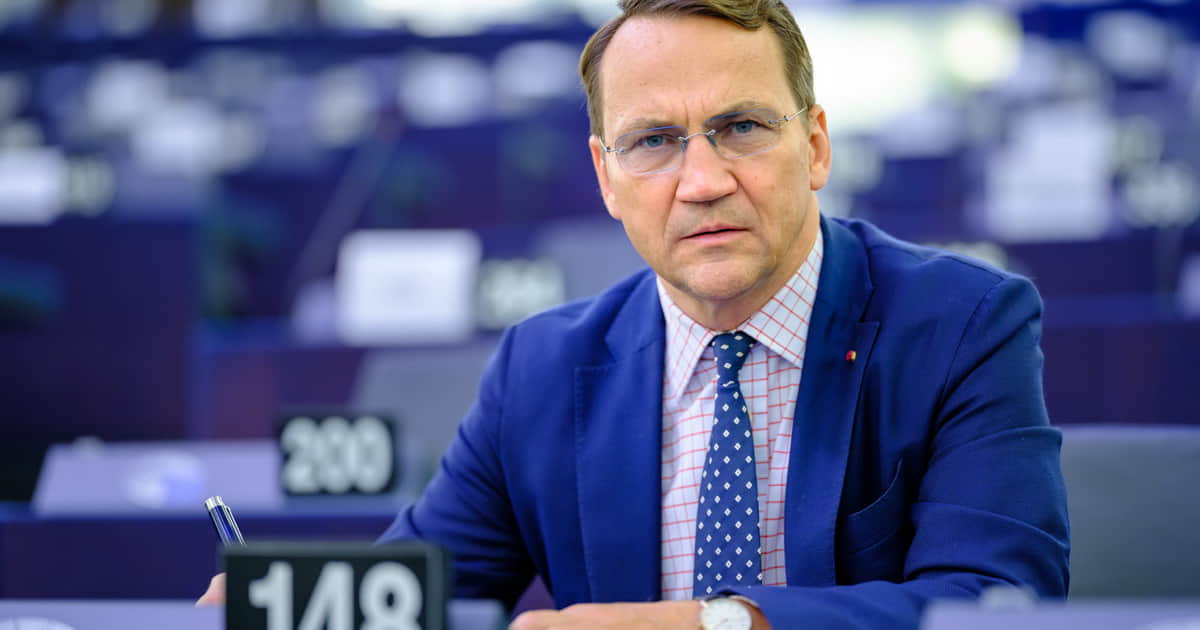How Trump's victory affected the pre-election situation in Poland

Donald Trump's victory has significantly impacted not only the United States but also other countries, including Poland, which is gradually entering its own election campaign. Poland's presidential election is set to be held next summer. Warsaw Mayor Rafal Trzaskowski was considered the almost guaranteed presidential candidate from the ruling party until recently.
But changes on the global stage have opened up a path to victory for Poland's Foreign Minister Radoslaw Sikorski, according to Stanislav Zhelikhovsky, PhD in political science and international expert, and Yurii Panchenko, a European Pravda editor, in their article - Following Trump: Why Radoslaw Sikorski has got a chance to become Poland's president. Advertisement: The competition for Poland's highest office will traditionally see a clash between the two largest and most influential camps (although not exclusively): the ruling Civic Platform (CP) of Prime Minister Donald Tusk and the opposition Law and Justice (PiS) led by Jaroslaw Kaczynski.
As of now, neither major party has selected a candidate for the presidential election. The Civic Platform will choose its candidate through a primary, likely scheduled for 23 November. However, the exact date of the primaries, in which coalition partners (The Greens, Polish Initiative and Modern) will also vote, has not yet been announced.
Subsequently, on 9 December, the party plans to hold a convention in Gliwice with the officially chosen candidate. It is still unknown who this candidate will be. The most probable candidate from this political force until recently was Warsaw Mayor Rafal Trzaskowski, but Foreign Minister Radoslaw Sikorski has also expressed presidential ambitions.
Sikorski himself highlights his greater experience in matters related to security policy in the broadest sense and his more extensive international experience as advantages. However, recent polls indicate that Trzaskowski would defeat PiS's most likely candidates in the second round by about 15%. Meanwhile, Sikorski would also win but with a narrower margin - around 10%.
Most importantly, Trzaskowski is far more popular within the party. Thus, it seemed there was no intrigue in the Platform's candidate choice But suddenly, everything changed.
The "black swan" that affected even Poland's presidential campaign was Trump's victory. Firstly, this victory has strengthened the position of the opposition party Law and Justice. If Donald Trump accepts President Andrzej Duda's (a PiS representative) invitation and visits Poland in the spring, this would be a clear boost for this political force.
Secondly, Kamala Harris's loss has placed the Platform camp, which had shown more signs of leaning toward a Democratic win (though they denied it), in a new situation. More and more of its politicians are starting to acknowledge that, perhaps in this new global reality, Radoslaw Sikorski, with his international experience, would make a better president than Rafal Trzaskowski. However, for Poland's foreign minister, things are also not entirely straightforward.
In one of his social media posts, Sikorski referred to Trump as a "proto-fascist." Additionally, Sikorski's wife, an American journalist, is a staunch critic of Donald Trump.
Therefore, Trump's victory has put the Polish authorities in a complex position, significantly increasing the chances of success for the PiS candidate.
If you notice an error, select the required text and press Ctrl + Enter to report it to the editors.